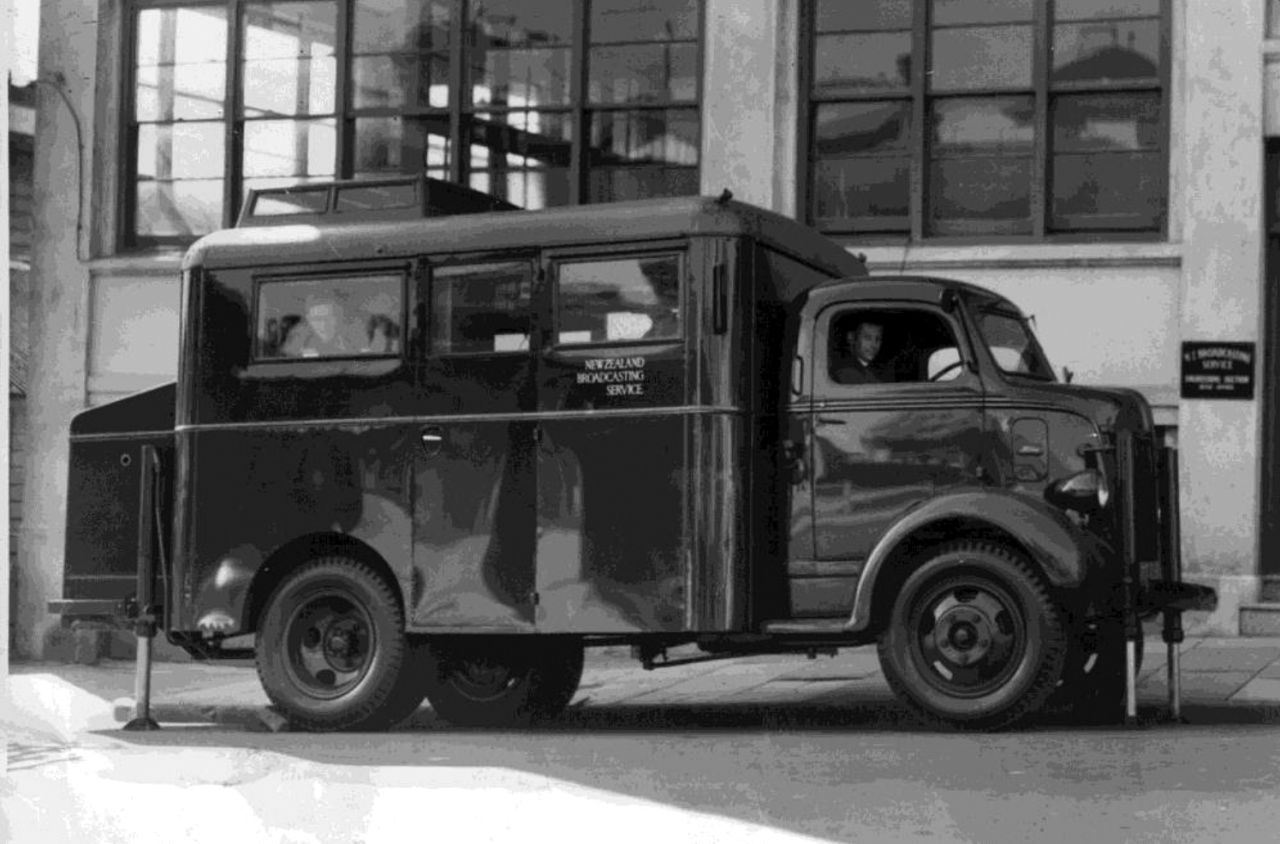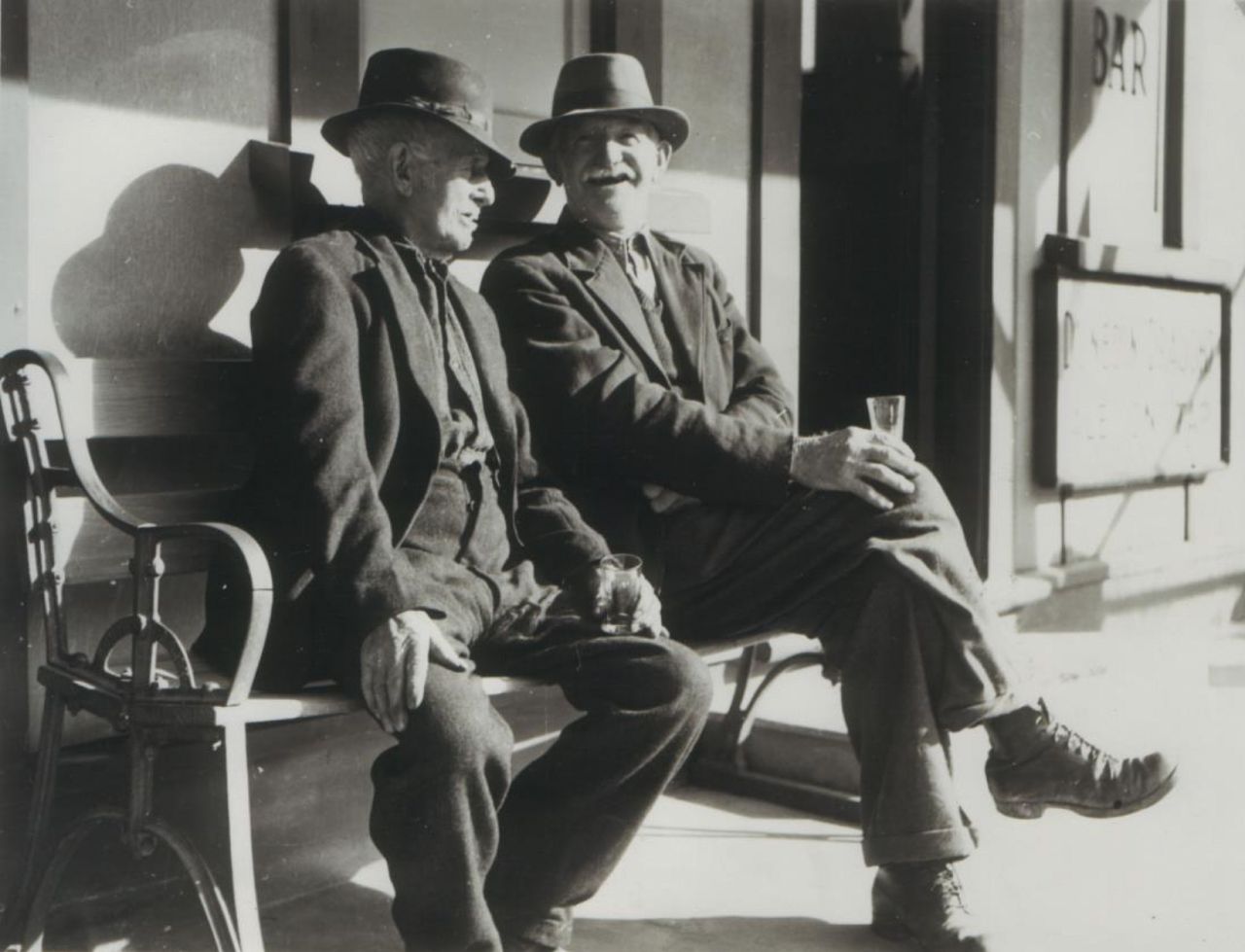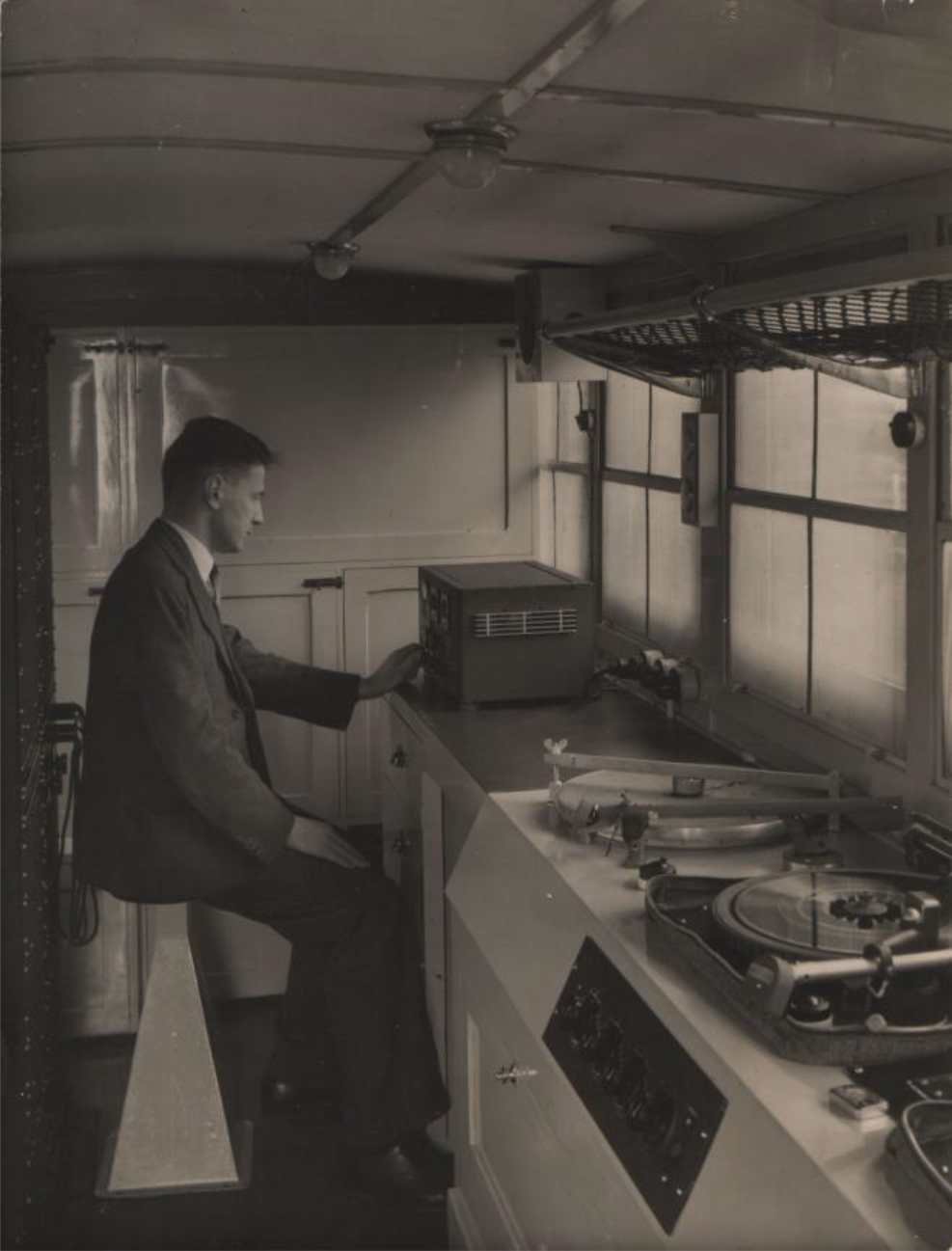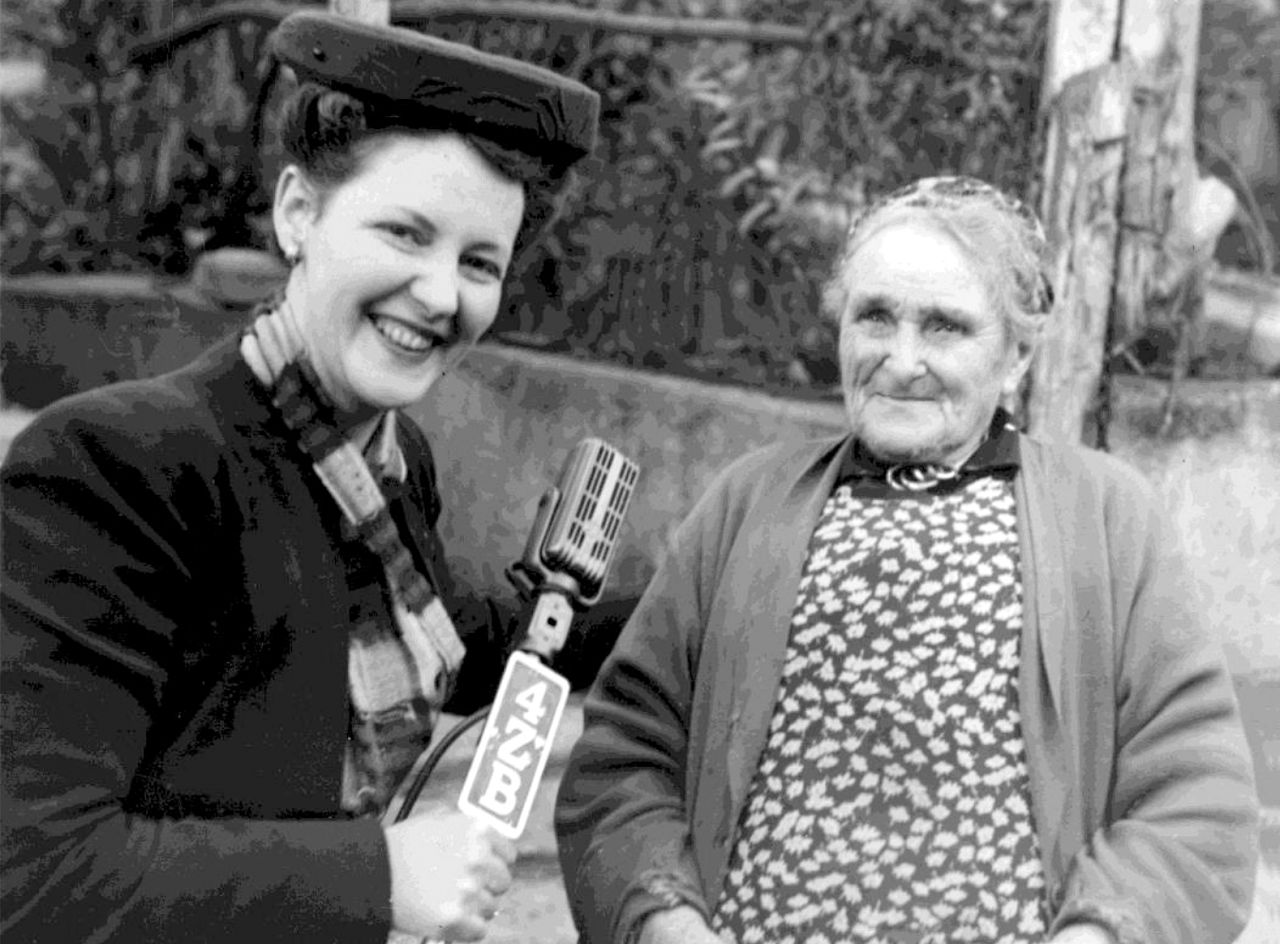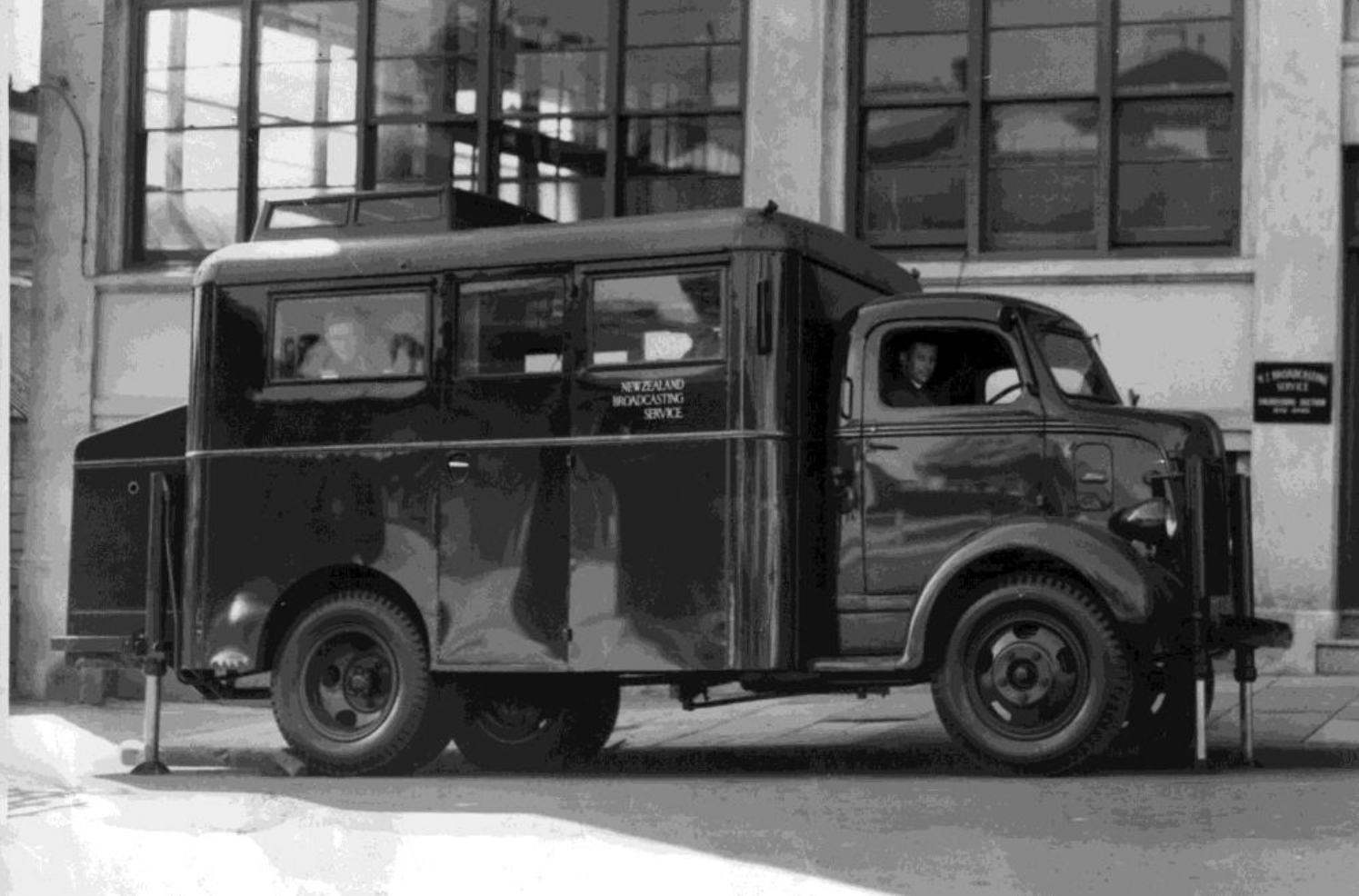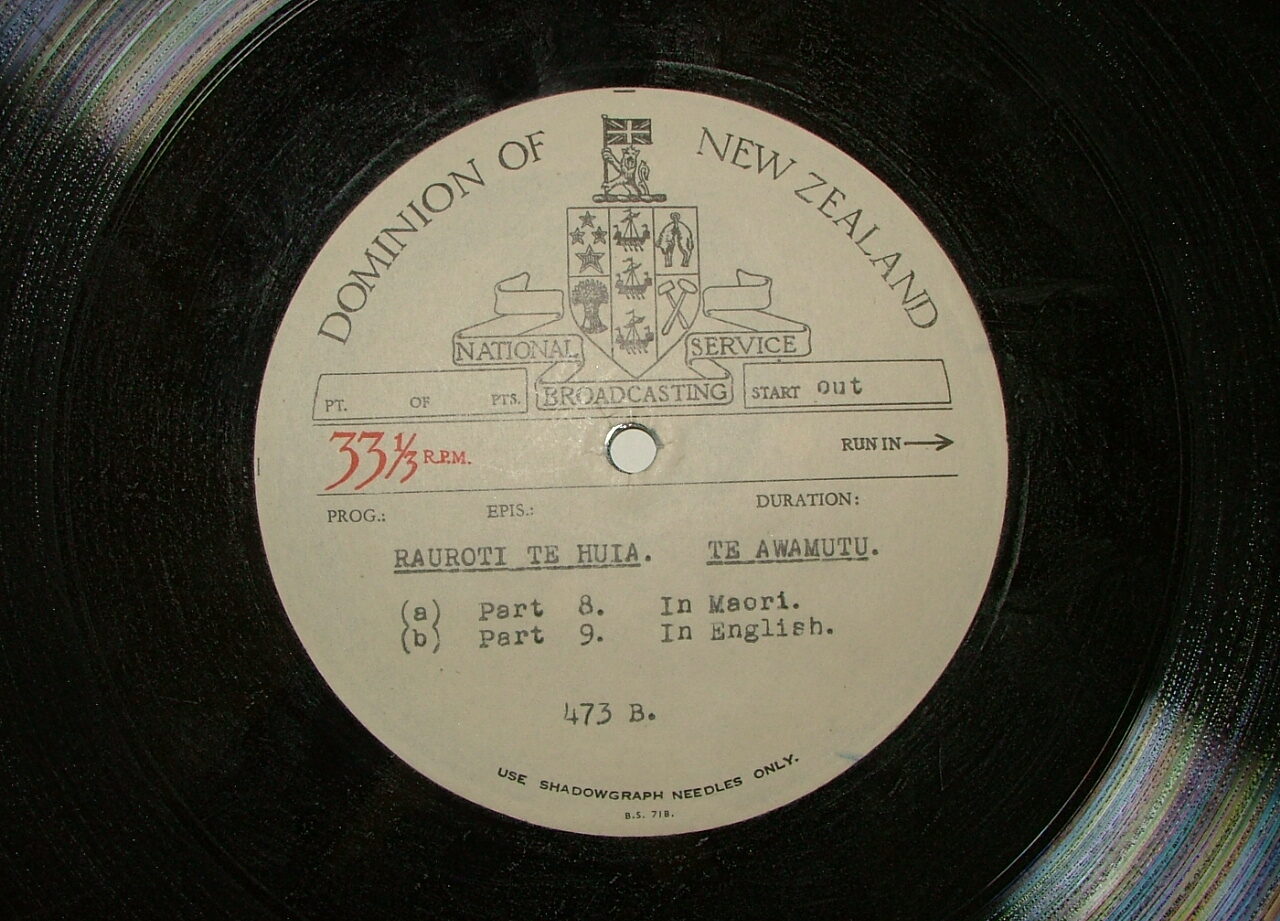13
Mobile Unit—New Zealand Oral History, 1946-48
2014
This distinguished collection of broadcast oral histories was recorded around regional New Zealand from 1946 to 1948 by the New Zealand Broadcasting Service’s Mobile Unit, interviewing Māori and Pakeha.
The recordings include the speech of some of the earliest speakers of New Zealand English, with some born as early as the 1850s.
“Your openness to my voice laden with legacy and tradition is the one response that my heart will recognise, that my soul will rise to, that my being will open to as a mokopuna of iwi.”
Maria Tibble, CORE Education
Significantly, both Pakeha and Māori subjects were interviewed for the project. The Māori speakers are the earliest surviving recordings of Māori who were born in the late 1800s—and have also been cited amongst the earliest recordings of indigenous people in the world.
The collection has been used as the basis for a linguistical analysis of changes in the pronunciation of Māori and New Zealand English languages over the last 100 years, and led to the development of a computer-based pronunciation aid. The collection also contributed greatly to the growing use of field-recorded actuality in broadcasting programmes in New Zealand and the recordings are still used in programming today.
The New Zealand Oral History Collection 1946-1948 is available to all New Zealanders through a range of resources to study, treasure and enjoy as part of our recorded documentary heritage. Importantly, this documentary heritage contributes to the celebration of our history and the Māori language as a national taonga.

